|
#memoriesat60
I woke up this morning with these lyrics in my head: “Yes, a new world’s coming The one we’ve had visions of Coming in peace, coming in joy, coming in love.” [Mama Cass' version is the one I first heard, but it is end of–– Nina Simone's that was in my head.] This song takes me forward, floating on the hope returning anew yesterday. And, it takes me back to when I learned this song and many other social justice songs in Amy’s mother Greta’s group guitar class in high school. Songs which overlapped with the ones we learned in our Methodist Youth Group or while helping folks rebuild their homes in the Appalachia Service Project or when the youth took over the church service and made the congregation stand up, hold hands and sing “Pass It On.” Songs connected not only by hope and joy and love but also community and sharing and lifting each other up and respect for each other and nature. Admittedly, we also learned songs of warning and sadness, such as “American Pie,” but underlying all of this was how my guitar was an instrument for bringing folks together. Similar in intent, if not scope, as the messages we heard last night from Kamala and Joe. [Chest opens, breath deepens, heart softens, soul reaches out . . .]
0 Comments
#memoriesat60
As an avoidance of election concerns, I began going through bookshelves, one of which holds inspirational, poetic, and spiritual books that have helped me along my way, including "Making the Most of Life" by Leroy Brownlow, which my paternal grandmother gave me when I graduated from college. To me and most others in her small town, Grandma was an embodiment of universal love. Deeply committed to her faith, she gave generously of her heart and soul – to her first grade and Head Start and Sunday School students, to those in need. She taught, by example, to give, without reserve. Perhaps not the most self-sustaining way of making it through the world, but to those on the receiving end, she was a good woman. This book is peppered with Bible verses, but the section she highlighted for me was about aiming high and not giving up. And, seeking. She taught me about looking for the best in people, "even when they are not at their best." To think of others before myself. To give a helping hand up. To not say anything if you cannot say something positive or thoughtful or encouraging. And, when talking to a child, to sit or squat so that I could look them eye to eye. I have not always lived up to her standards for decency and some of those standards take an extraordinary person, like her, to accomplish and, possibly, a different historical time. But, on this election eve as I consider leadership, I am drawn to her example and miss her love. #memoriesat60
I met Tobin Low and Kathy Tu, co-hosts of the podcast Nancy, at SXSW in 2018. Tobin is a friend of my daughter-in-law Emily through their music backgrounds (Tobin was a cellist, Emily is a violinist). Over lunch and between films, Tobin, Kathy, Emily and I discussed gender pronouns and staying current with language around LGBTQ issues. Tobin, Emily and I continued the conversation while cooling off at Barton Springs. When we departed, I wanted to know more about how Tobin and Kathy were sharing queer stories about journeys towards self definition and became a regular listener of their Nancy podcast via WNYC Studios. Their earnestness, vulnerability and light are so enticing. I recently caught the last of the 100+ episodes and I found myself tearing up. Is it Covid or the long overdue protests or being home so much or not seeing my children? Even before Tobin's voice broke at the end of the episode, the emotions, which ride so high in me of late. took over. Another goodbye to a connection, however virtual. If you haven't tuned in, there are some starter kits on their website - groups of episodes geared to having a good laugh, a good cry, starting a gaggle, queer money matters ... I do think you will be pulled into their warm, inviting and informative conversations. #memoriesat60 #missing community
My children were young. We were still relatively new to Billings. I was seeking out ways to connect deeply with others. I had already participated in a women’s spirituality retreat with Jean Shinoda Bolen at the Feathered Pipe Ranch west of Helena, but the rest of the participants were from out of state. Something intrigued me about the idea of going back to the ranch to build and learn to play an ashiko drum with the Drum Brothers. In 1997, I went and a new passion was born. The simultaneously diffuse and focused attention required to play polyrhythms. The waves of rhythm filling the room and my body. The pure joy of being so intensely present and connected. The sweet high when our hands and souls were in sync within the music. And the freedom in the dances accompanying these songs. This rhythmic journey and its communities took me to retreats and workshops, found me buying a djembe, a set of djun-djuns, congas, frame drums, a doumbek, a tambura in Venezuela, shakers and sticks and learning how to move my body in expansive ways. I was grateful to have amazing drumming and dance teachers: the incomparable Nigerian Babatunde Olatunji, master drummers Abdoul Dumbia from Mali and Joh Camara from Guinea, master dancer Youssouf Koumbassa from Guinea, Bangoura, a member of WOFA, the dance and drum from Guinea that performed at the ABT and came to our house for dinner and, so much learned from the Drum Brothers of Missoula and Arlee. I created a drumming circle in Billings and my dear friend Robin and I began teaching free gatherings so that we could recreate the magic locally. We played on the Rims before remembering that the drums were designed to send their sounds miles away. {My apologies to those who lived below.} Robin and I played in front of the Sun'e Eye in Monument Valley. We played for an outdoor wedding, for church services, Vicki Coffman and Bess Fredlund’s improvisational theater and dance performance at McCormick’s Café, and casually, at my house, with the Puentes Brothers from Cuba. But, mostly for each other. It was a glorious adventure and exploration. And then ... I learned to weld… and a new passion began to eclipse this one. Now, my steering wheel is most often my instrument as I play along with songs in my car. The rhythms, though, are forever part of me. The summer of 1983, after busting my brain at the University of Houston to graduate with one last semester, 21 credits and two senior theses, I was so thankful for the opportunity to go up to Longswamp, PA (one of those crossroad towns in the hills outside of Allentown) to help the family of Steve’s high school friend Tony renovate a 1700s house into a B&B. The rhythm of sanding, nailing, and painting allowed by brain to decompress. Elsa would cook us amazing meals with ingredients previously unfamiliar to me – fiddlehead ferns, feta cheese, chervil, lemon balm... After dinner, we would often find ourselves sprawled on couches, wending our way through their extensive vinyl collection. Sarah Vaughan’s soul penetrating voice and her songs stayed with me as I worked and I began to yearn to hear her recordings each evening. Back in Houston, that next winter, I was employed, had found a CD of Sarah’s “How Long Has This Been Going On?”, was listening to it in my car almost daily, had heard that she was going to play at the Grand 1894 Opera House in Galveston and had discovered the Eastern Airlines middle-of-the-night freight flights that let folks fly very reasonably. Since this was near Steve’s 25th birthday, I connived with Tony to fly him down for the weekend as a surprise to celebrate him and hear Sarah live. I was transfixed by her performance, her range, how she modulated her voice. This magic has never dulled, though at some point I gave the CD a break. Her songs are in several of my playlists. When I hear “I’ve Got the World on a String” or “How Long Has This Been Going On?”, my mood is instantly lifted. They are certainly among the songs I sing loudly in my car with lots of head dancing (you may have seen me?) and this recording is helping me get through the home stay version of a desert island. #memoriesat60
The Messiness, Democracy and Hope of Civil Society The 64th Annual United Nations DPI/NGO Conference: Sustainable Societies, Responsive Citizens Bonn, Germany, 3-5 September 2011 Priscilla Otani, president-elect for our Women's Caucus for Art, and I attended as representatives of our NGO. Here is part of my report: The happy sounds of many languages filled the six floors of the Maritim Hotel atrium as the conference began. At the Opening Ceremony, I found myself surrounded by businesswomen from China, people in niqab, saris, and caftans, youth, and many nuns (Catholic, Buddhist, Hindi) some of the representatives of more than 400 NGOs in attendance. We quickly coalesced into the "we the peoples" that starts the Charter of the United Nations. Preamble to the Charter of the United Nations. I soon had a sense of both the messiness and wonder of civil society and how years of UN conferences have distilled a method for collecting the varied perspectives, views and recommendations asked for, in this case, by the General Assembly in preparation for the Rio+20 Conference on Sustainable Development scheduled for June 2012 in Brazil. At each of the Roundtables, to which all were invited, high-level experts spoke on the topics after which respondents from government reflected back or challenged them on their thoughts. Four to five questions at a time were then taken from the audience and the panel responded. UN staff recorded each of these discussions. The same process, minus the respondents, occurred in the many workshops. Side events gave even more intimate discussion opportunities as did the exhibits, both of which WCA was a part. UN Conference board members worked tirelessly throughout the three days to add to, edit and condense all of this information into the final declaration that reflected the expectations of NGO participants and civil society leaders for the governments attending Rio+20. The declaration was openly discussed for a final time at the closing. Individuals were able to come to the mike, ask for word changes, minor deletions and additions, before the assembly was asked, by show of applause, to accept or reject the declaration before it was given to the German government for presentation to the U.N. General Assembly. We need to TEACH PEOPLE FLEXIBILITY - how they can do best with current knowledge and how to change as new information arises, how to deal with a tomorrow that is so different from today without getting lost and fearful. We no longer have TIME to polarize. We need to end cynicism. We need to celebrate courage and innovation. Felix Dodds, Chair, 64th DPI/NGO Conference - "THE FUTURE IS NOT A GIFT, it is an achievement. The future does not belong to those who are content with today or to those who lack the courage to force change that is needed." Everyone needs to mobilize, volunteer and take action. At closing ceremony, Flavia Pansieri, Head of the Consultative Forum of the Heads of UN Agencies in Germany, asked everyone who has engaged in a cause without expectation of payment to stand - 100% stood. The spirit of VOLUNTARISM in participants from developing and developed countries alike was huge. "Of course we volunteer, why wouldn't we do our part for the future of the world." Not everything is worse. Many positive accomplishments are not picked up by the world's media. The eco village concept - conscious design for long-term sustainability and resilience - is rapidly expanding with over 600 established eco villages around the world and 100+ in the U.S. The country of Senegal is committing a large portion of its budget to transforming struggling traditional villages into ecovillages. Here is the story about Senegal's eco villages Fair Trade Towns - communities in which people and organizations use their everyday choices to increase sales of Fairtrade products and bring about positive change for farmers and workers in developing countries - are also expanding with over 1000 internationally and 23 in the U.S. as of April. http://www.fairtradetowns.org To combat the serious lack of drinking water in areas of western China, the Water Cellars for Mothers Project developed and built water collecting devices, each holding a year's worth of rain water for one family. Over 1 million people benefited from this project in 2010 Water Cellars for Mothers Project #womenscaucusforart Ancient Tea Horse Caravan Trail
Kawagebo Mountain, Meili Xueshan And here, my family and friends, is my birthday gift, on my birthday, during this 60th birthday adventure (with Emma Kriner - I could not have done this without her and wouldn’t have wanted to) ... Kawagebo Mountain in the Meili Snow Mountains on the border of Yunnan and Tibet. [Thank you all for all of the birthday wishes. My VPN and thus my access to social media, google, email has been intermittent, so I haven’t been able to respond to all of you.) Our first glance at Kawagebo (also called Kawa Garbo and Khawa Karpo) had us wide-eyed and jubilant. It is a virgin peak (never been climbed and now it is forbidden to do so) at 6740 meters/22122 feet and one of the most sacred mountains to Tibetan Buddhists. We spent time with it at Thirteen Pagodas, from our hotel room at 11,800 feet (sleep was difficult with the altitude, full moon and mountain energy, but so very worth the lack of it), at sunset, at sunrise at Feilaisi Temple prayer platform. I imagined being on top, taking in the mountain energy and sending out to all those I love. It was hard to leave, but this mountain is now part of me. What a full, educational, experiential, memory sharing #indigenouspeoplesday in El Paso and New Mexico with John Bretting, friend since my University of Houston political science days, and his wife Sylvia Roman. Beautiful soak in the hot springs along the Rio Grande in Truth or Consequences. Then, insightful new perspectives on borderland studies and the history of the Apache “peace camps” in the late 18th century in what is now the Duranguito area of El Paso, but was then part of New Spain, from Apache and Spanish viewpoints in an effort to decolonize methodology... presented in an intriguing mix of Apache, Spanish and English vocabulary
*New Mexico celebrated its first Indigenous People’s day *The El Paso City Council declared yesterday Indigenous People’s Day *how the Mescalero Apaches shared their ways of knowing, did not set up borders but this benevolence was systematically abused by leaders of New Spain and their artistic output exploited for colonial gain * how the Apaches used the Spanish actions and policies for their own gain, to conduct their raids on Spanish horses, to gather intelligence about the Spaniards, to get food, to take advantage of the Spanish gifts, to heal the internal struggles between the various Apache bands. They viewed these early actions , not as capitulation, but as smart manipulation *how the Apache “peace settlements” mirror in many ways our current border practices ... restriction of mobility , Apache women and children were captured and “deported” to Cuba as a bargaining tool for peace with the Apache leaders, exploitation of internal divisions, diminutive language for Apache people and leaders... Continuando la luche I will not be in Billings for the 406 Pride event, so, today, I am spending some time in the lovely Stonewall National Monument across from the Stonewall Inn. Here is a link to the Stonewall augmented reality app (you don’t have to be here to use most of it) for history and much more https://stonewallforever.org/app/
The US Dept of the Interior memorialized this galvanizing event which set in motion 50 years of Pride.#stonewallforever #406Pride Feeling smug because I finally, again, after many years, beat the deer and birds to the grapes that shade my reading hammock arbor that Collin built for me. Unfortunately, little actual reading or hanging out in the hammock occurs, but seeing the hammock, with its potential, makes me happy and now I have fresh grape juice.
Many things to consider on this morning's Supermajority webinar with Dr. Imbram Kendi (Director, Antiracist Research & Policy Center at American University and author of "How To Be An Anti-Racist") and Alicia Garza (Co-founder of Black Lives Matter and Special Projects Director for the National Domestic Workers Alliance) and 500 of us listeners.
Join The Supermajority to participate in future webinars and view past, recorded ones, including this one. https://supermajority.com/ Here are just a few of the highlights: Denial ("I am not a racist") is at the heart of racism: American neo-Nazi and white supremacist Richard Spencer encouraged the equivalency of the idea of being called a racist and being called a bad person, that "racist" is a racial slur ... thus, enabling people to deny being a racist, as in "but I am not a bad person." Being a racist is: expressing or supporting, through action or non-action, racist policies. People who do nothing allow racial inequality and racial injustice to persist. Being an anti-racist is expressing and supporting anti-racist policies. There is nothing superior/inferior about racial groups. Anti-racists agree to embark on a journey of unlearning, to take an accounting of their behaviors or inaction and to contribute (with time and/or money) to anti-racist organizations, to look at where they are racist and anti-racist. Anti-racists leave room for people of color, are willing to give up a seat so that a room/gathering/conversation/etc. has more space for people of color. Is a policy racist? Look at the outcome. If it increases racial inequality and racial injustice, it is racist. How do we talk to people with extreme ideas on race? How do we bring others on the journey with us? Build and nurture relationships with them, to establish trust so that they can be vulnerable with us and therefore be vulnerable about their racism. Research and talk about how white supremacy ends up hurting white people as white supremacists fight against policies that they deem only supportive of people of color, when white women, white children, white males, struggling white people often benefit from those same social policies. What gives Alica and Ibram hope? People telling the truth. People who keep showing up even when they make mistakes. People willing to do the hard work to examine their own lives and behaviors and words. Every mind that is awakening. And ... that us, mulitiplied, can change this country #TheSupermajority https://www.ibramxkendi.com/how-to-be-an-antiracist-1 As of yesterday’s refreshing hike, I am adding this spot to my Beartooth favorites. Snow-melt soaked expanses of high altitude, miniature flowers, far reaching views and that ever present perspective that we are just small beings in a huge and beautiful world.
This is the time of year when the seasons of garden experiments with xeric and hardy perennials and avoidance of garden chemicals begin to payoff. The many birds, and butterflies and, within the span of ten minutes, bumble bees and a hummingbird sipping on my Nepeta "Walker's Low" Catmint.
Night #85 in my Oda
After a glorious night of sleeping to the rushing Rock Creek just outside my camper window, the blue skies and the Beartooth Pass beckoned...a few skiers jumped into the back of the truck to return to the top of the snow fields ...their faces glowing with excitement in the sun... at the MT/WYO line (as far as we could go) the snow pure and brilliant after recent snowfall, no sign of the pink algae that blooms on it later in the summer.... and then down to Silver Run where I was treated to blooming pasque flowers, which, for several years, I have missed. Night # 84 in “Oda”, my T@B camper
Thursday at Hogan and Luce Lakes in Wyoming. I come for the bird song, the wildflowers and the expansive views. Steve for the fishing. We both relish strolling lakeside after the sun sets behind the Absarokas, the primroses glowing like moonlight, a pair of osprey fishing from the tree in front of us, waiting for the stars to come out, so many stars to see, without any visible human caused light. |
AuthorA place to decant my brain, to capture inspiration and share fresh insights. [Posts from 2015 onward] Categories
All
Archives
July 2024
|

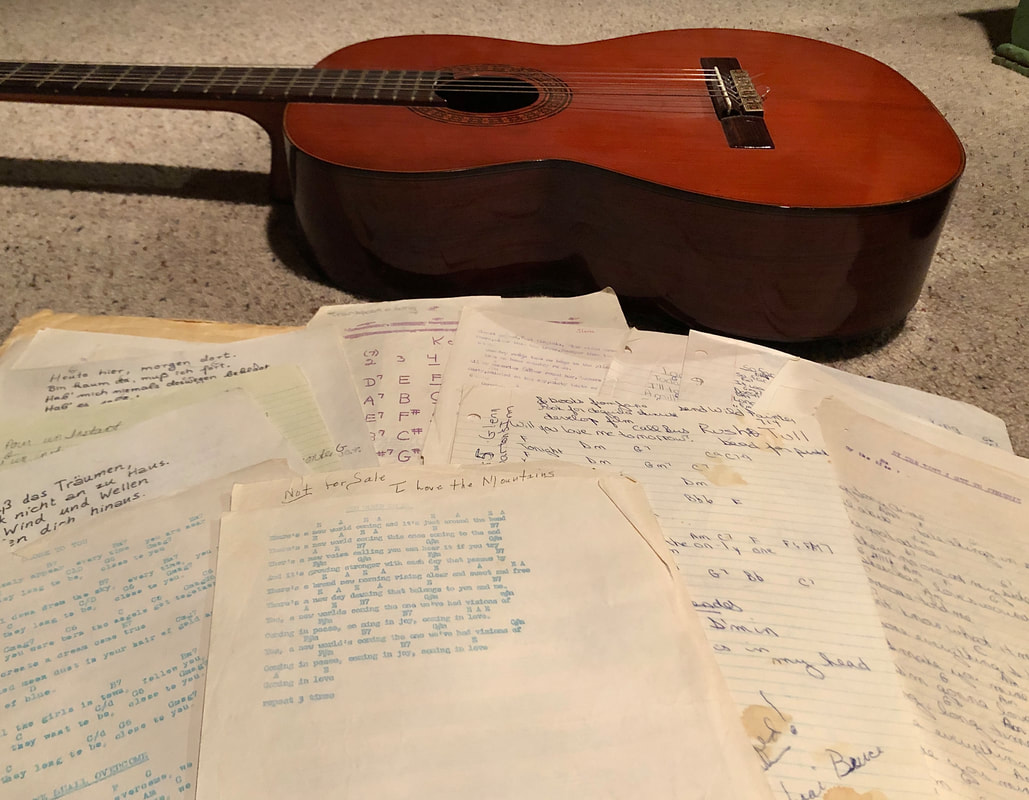
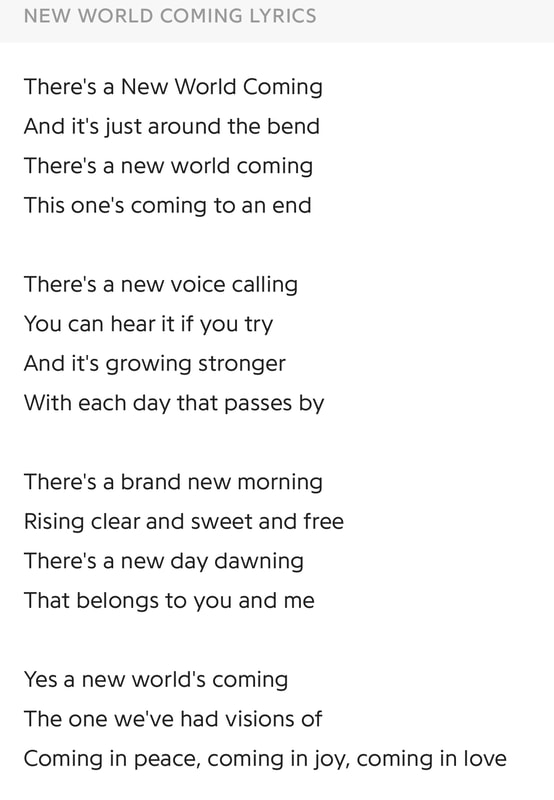
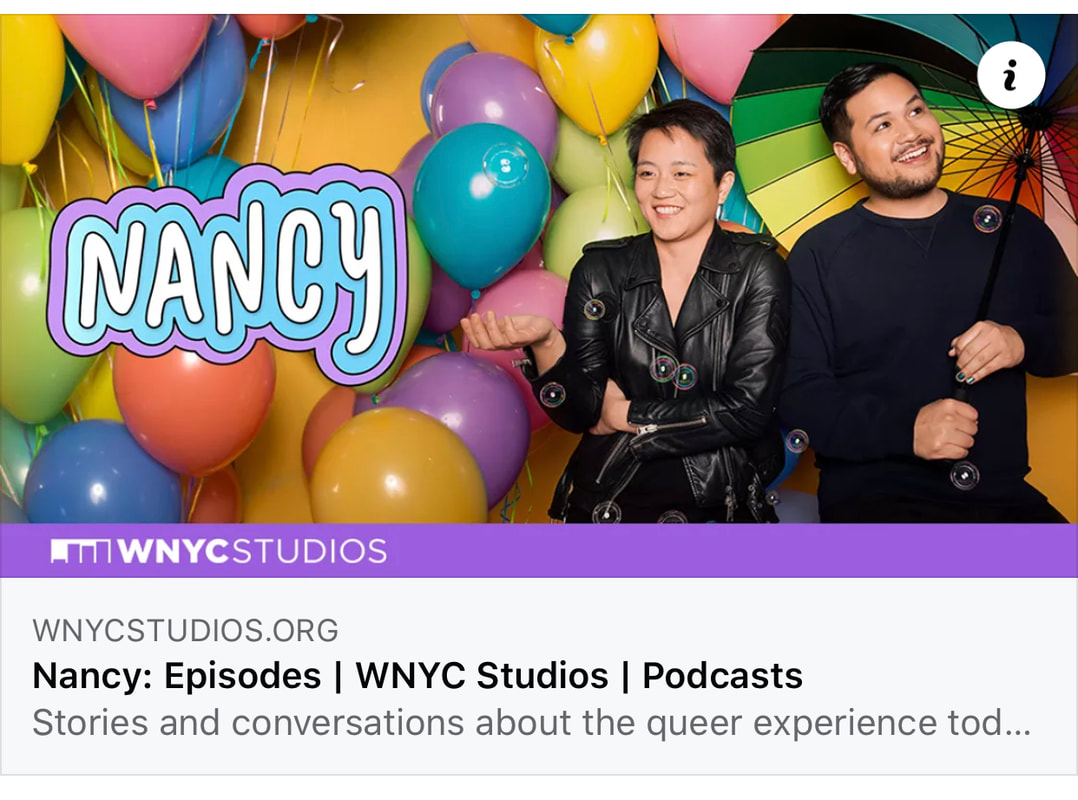
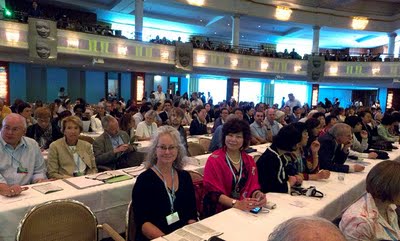
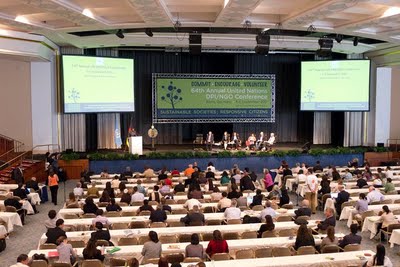


 RSS Feed
RSS Feed